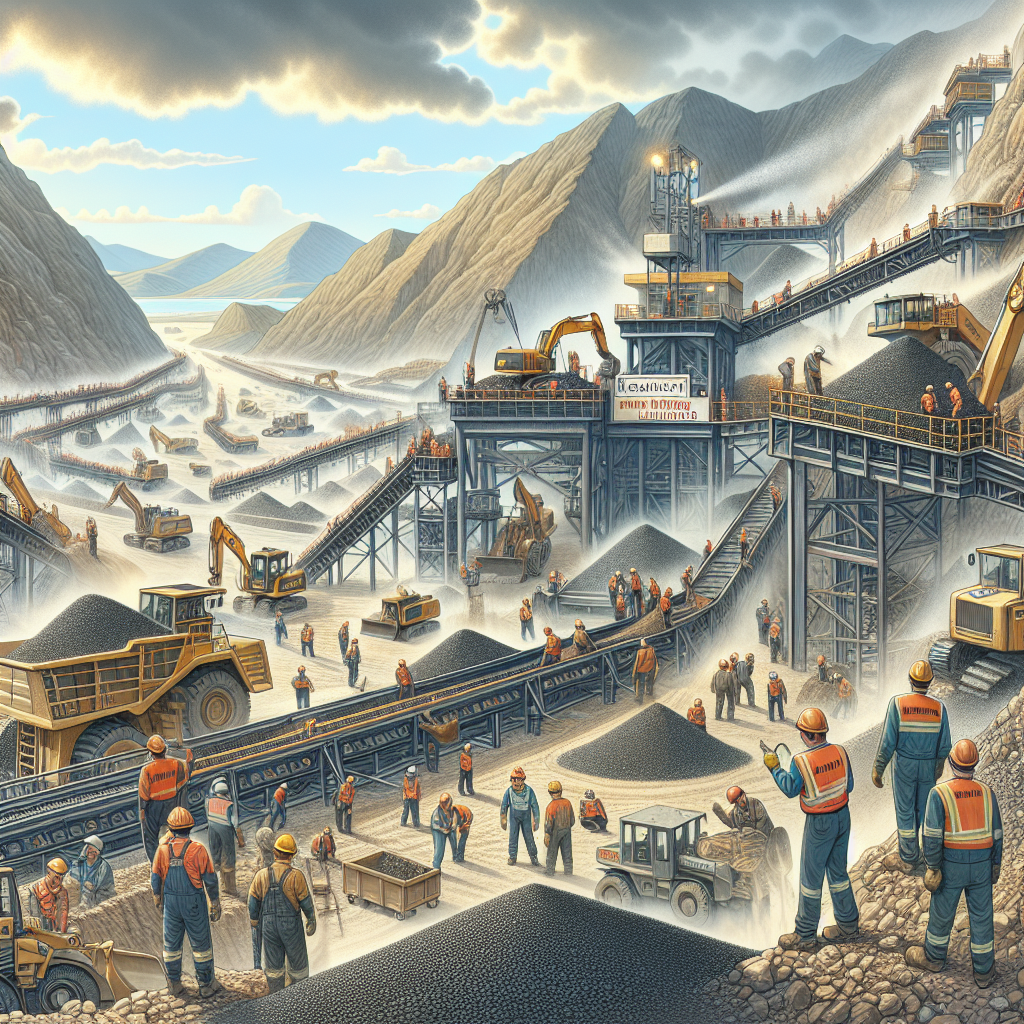U.S. Mining Faces Political and Economic Challenges Amid Global Competition
U.S. mining projects increasingly rely on Washington's financial support amid global competition, highlighted by Sibanye Stillwater's recent layoffs in Montana due to not qualifying for an IRA-linked tax credit. Shifts in U.S. industrial policy have influenced this dependence, impacting local economies and sparking political debates.

U.S. mining operations are becoming more dependent on government financial backing to stay competitive internationally. This trend was evident last month when Sibanye Stillwater laid off hundreds of workers in Montana after failing to qualify for a specific tax credit tied to the Inflation Reduction Act (IRA).
The fluctuating prices of critical minerals and overproduction in countries like China and Russia have pushed traditional U.S. mining firms to seek financial lifelines from Washington. This dependency has tethered their futures to U.S. government decisions, as policymakers increasingly embrace economic tools such as tariffs and tax credits within industrial policy frameworks.
The ongoing debate over government support is reflective of broader economic strategies seen in global powers like China. Adding to the complexity, political implications emerge as key figures, such as Montana Senator Jon Tester, push for amendments to tax credit provisions amid challenging electoral landscapes.
(With inputs from agencies.)










